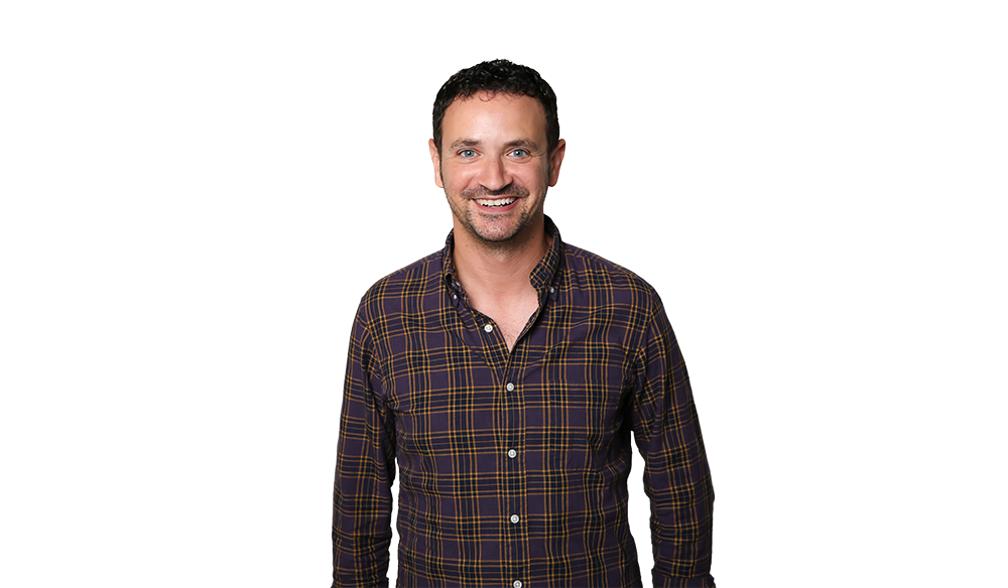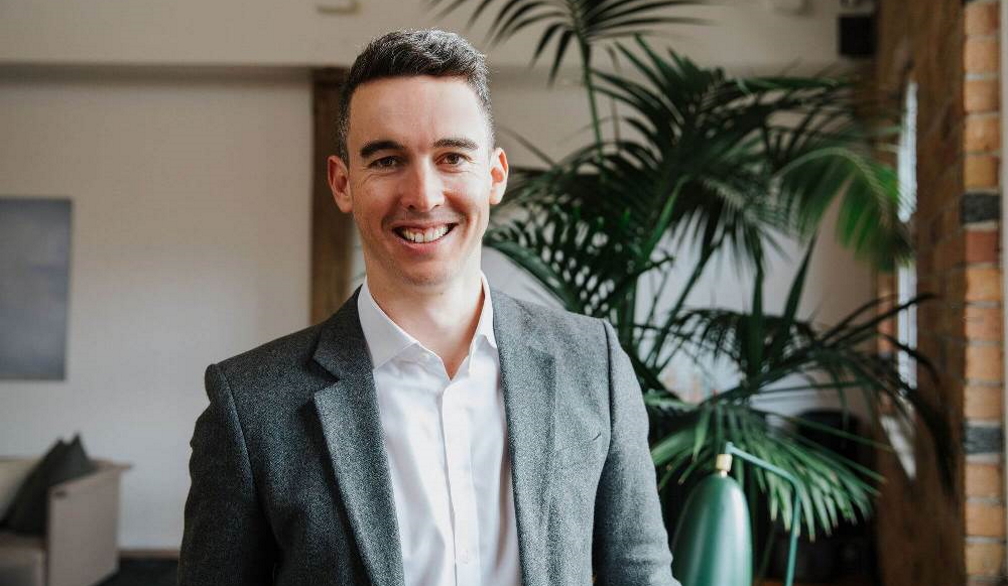Back to the future: Skills for success in tomorrow’s workplace
- Written by Will Venn

What will the job market of 2030 look like and how will technology impact the way the way we work?
Using social demographics as a crystal ball, one of Australia’s leading social commentators, Bernard Salt will share his forecast and predictions when he speaks at a University of South Australia Business School forum about the changing employment landscape and the skills required for future success.
The talk is part of an ongoing series hosted by the UniSA Business School to promote discussion about emerging trends, challenges and opportunities in the areas of career development and business growth, two pillars of the UniSA Business School’s mission.
The great skills shift: jobs and personal qualities of the future, will be the keynote speech of the Career Thinking For The Future event, in which Mr Salt will explain the skills and qualities necessary to capitalise on three million more jobs, expected to be created by 2030 in Australia.
With employment in manufacturing, agriculture, retailing and warehousing contracting, along with more unskilled work being outsourced from outside of Australia, Mr Salt will address how retraining and upskilling can keep people employable, and will identify employment growth areas.
The keynote speech will be expanded through a panel discussion, featuring Dr Brenton Cooper, Chief Technology Officer, Data to Decisions Cooperative Research Centre, David Paterson, Chair and Co-founder, Social Capital, Professor Marie Wilson Pro Vice Chancellor (Business & Law), UniSA Business School and Dr Niki Vincent, CEO, Leadership Institute of South Australia.
As the founder of KPMG Demographics, Mr Salt also writes weekly columns for The Australian newspaper, which recently featured the news of a report that he compiled: “Towards a Super Connected Australia”, commissioned by the National Broadband Network (NBN).
In the article Mr Salt predicts what jobs will be in demand by 2030s, identifying that health care workers and “technocrats” working in science, technology and engineering, will lead the pack, as new technology, greater connectivity and increased entrepreneurialism will change the way in which people work and the ages that they will work until.
The report indicates that by 2030, Australian cities may be configured differently in terms of the work place as multi-line video conferencing and increased flexibility in work hours could negate the need for the daily commute; work being fitted into the times and locations that suit individuals rather than lifestyle being fitted into and around commitments to work.
Career Thinking for The Future forum will take place from 3.30pm on September 30th at the Allan Scott Auditorium, Hawke Building, City West
Find out more - UniSA Business School: office (08) 8302 0541






